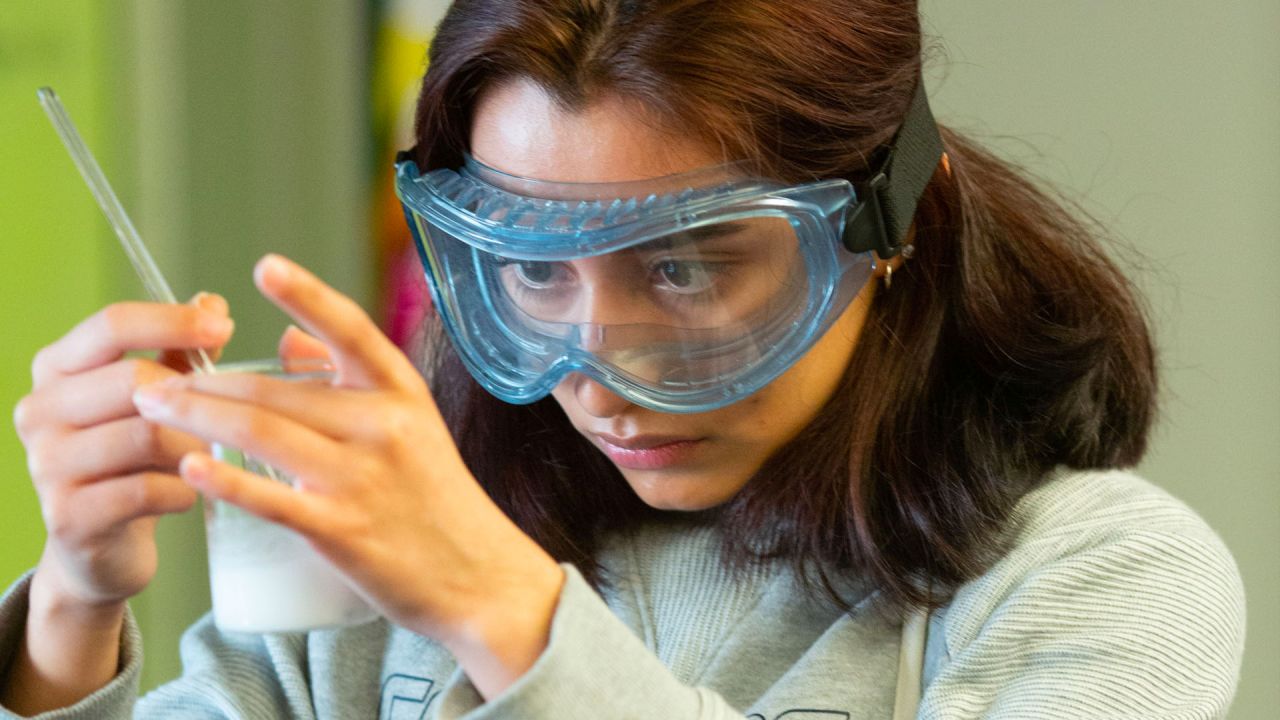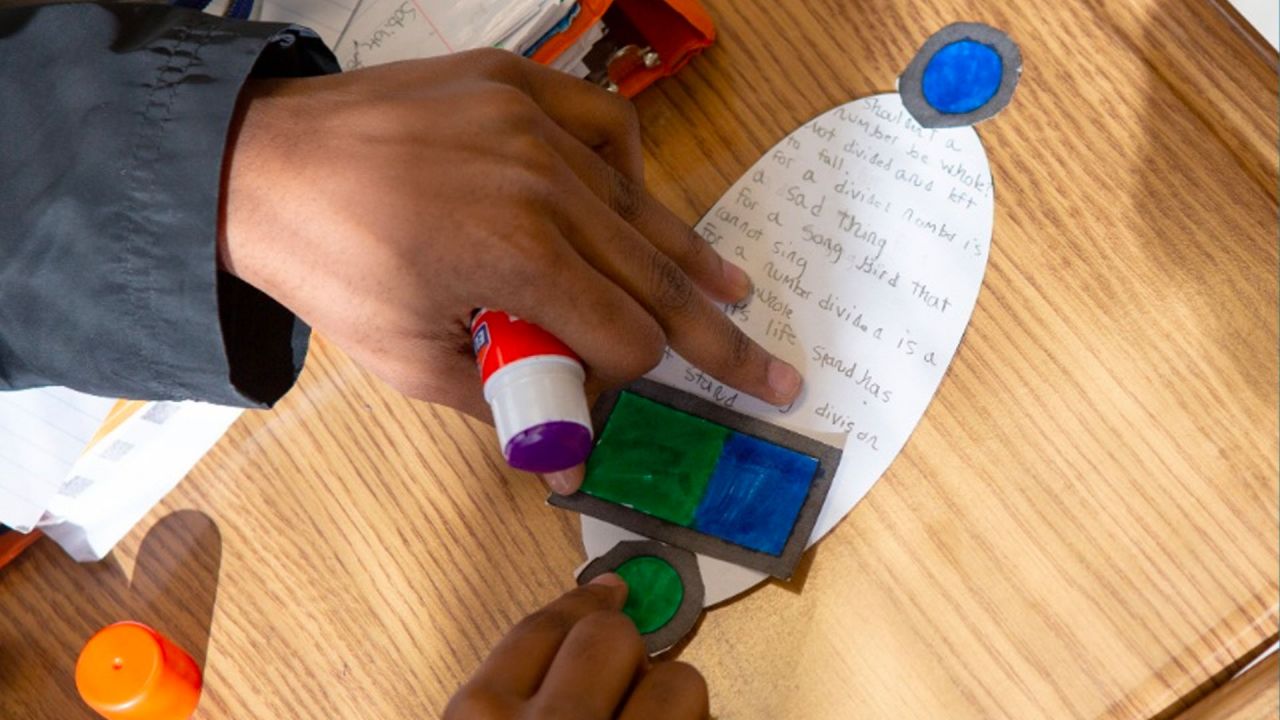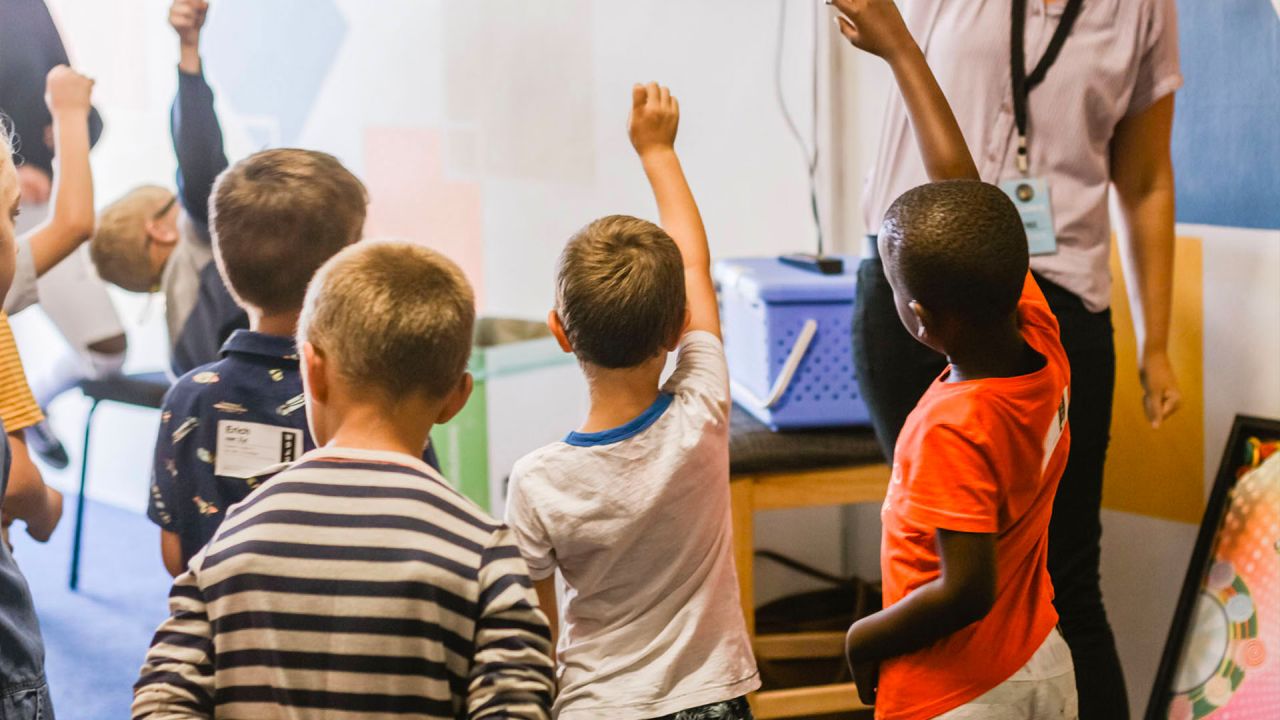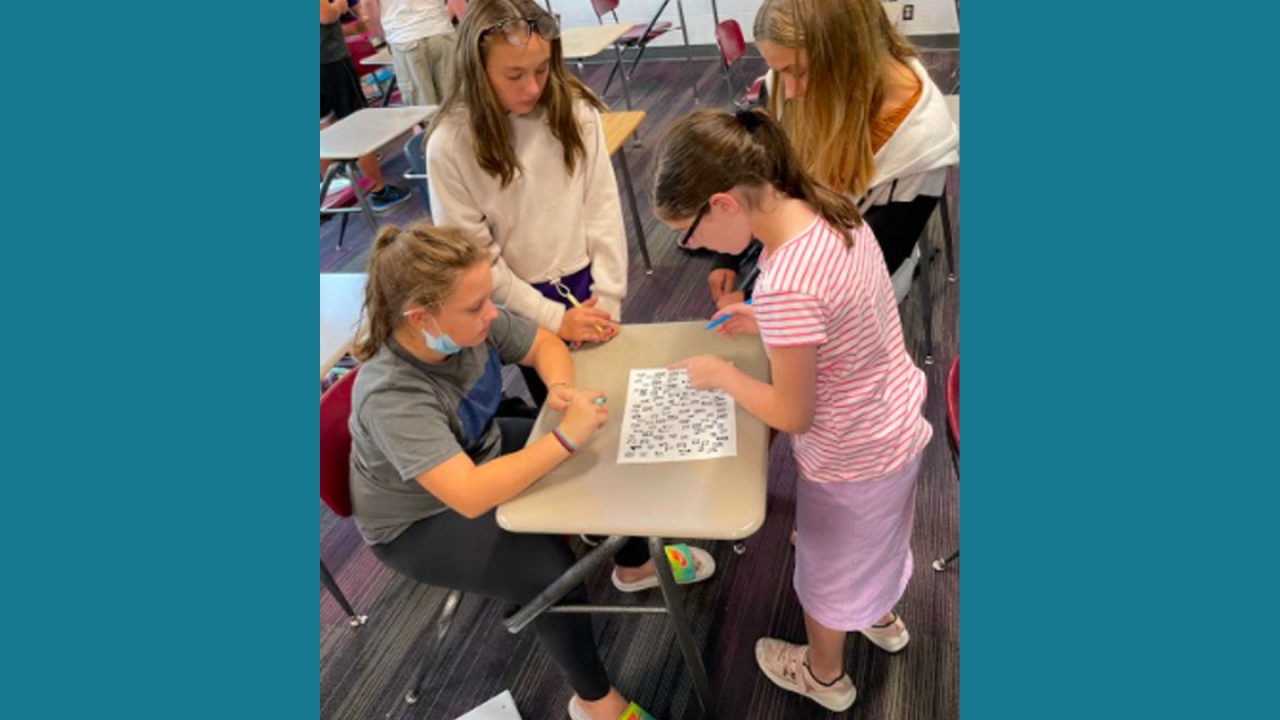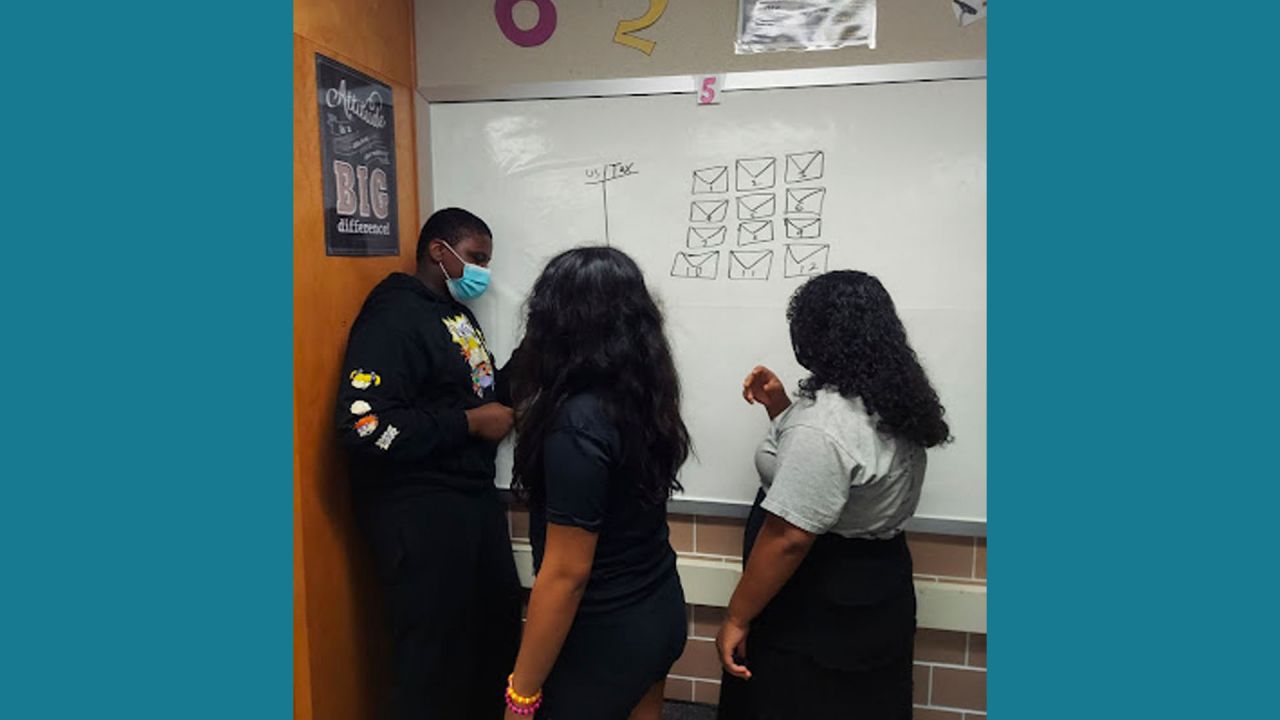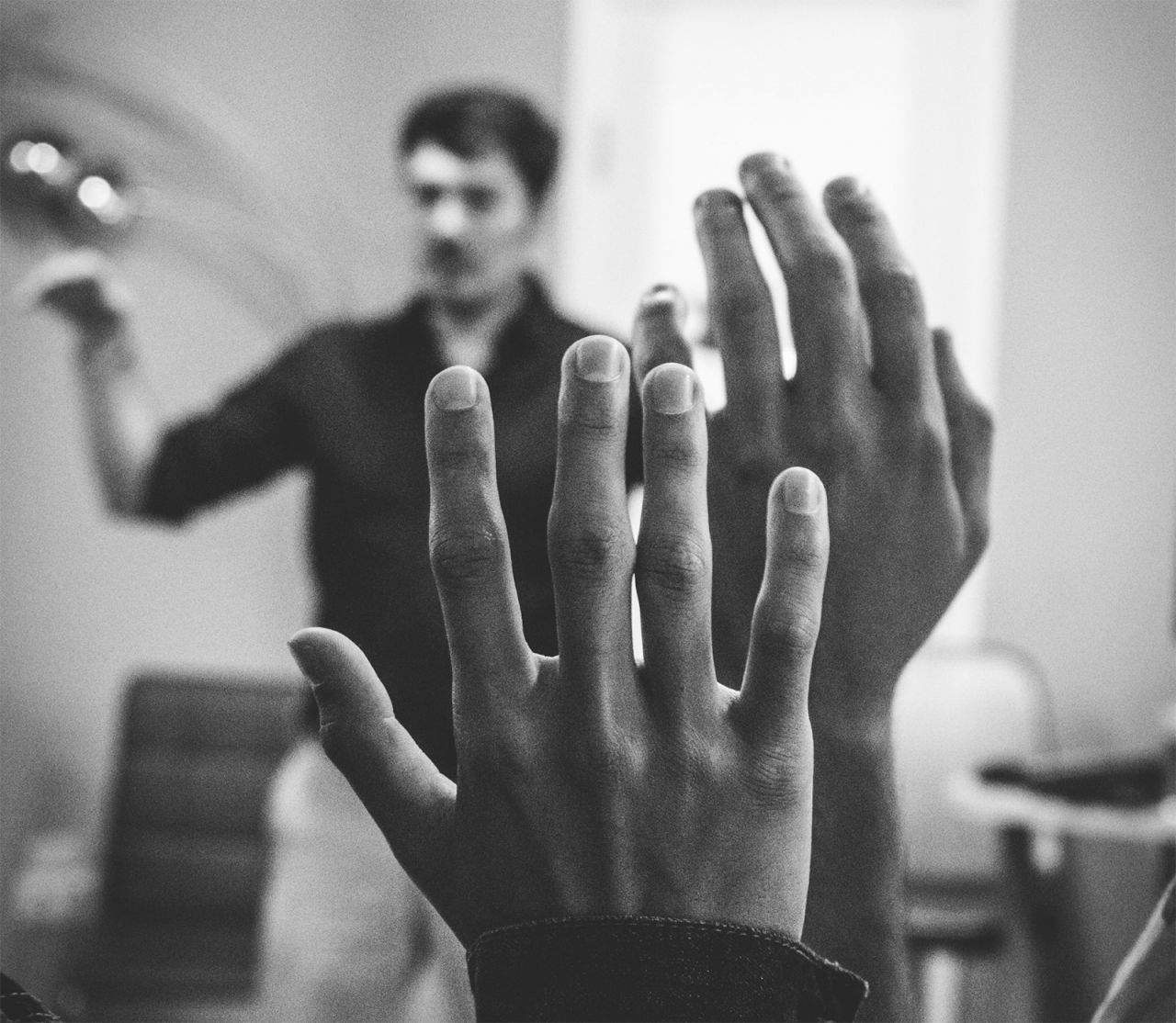In June of 2022, Indiana adopted the Next Generation Science Standards (NGSS). Some may question why such a change was necessary. In this blog, Dr. Stacy Hootman speaks from her own experience as both a science student and a science teacher. She describes the Three Dimensions of the NGSS, where teachers can turn for resources on both a national and state level, and why this change is necessary for Indiana.
Depth of Knowledge / DOK
Teaching the way I was taught wasn’t inspiring to my students. However, transitioning to a conceptual approach was a critical element in building strong foundational understanding and capacity for all students to succeed in math. Learners need opportunities to DO math, and in DOING, there is LEARNING.
Schools today are facing many challenges and one of them that needs solving now is how to handle learning loss. One solution to this problem is Design Thinking. Design Thinking is a creative process that begin with empathy and problem defining and end with implementation. This creative process encourages students to redefine problems, inspire new ideas, take informed risks, and never stop learning.
I wanted to create a space where my students could make mistakes and be okay, where they actually liked coming to my class, where they felt “smart” in their own way wherever they were in their learning, where they would push themselves to do better than yesterday, where they could struggle with something and still be alive to tell about it.
Rather than regurgitate math procedures, I knew my students needed to be able to think and reason deeply enough to tackle any problem thrown at them in math, or even life.
Often when I work with schools, one of the key questions all are attempting to answer is: “What do I do if they don’t get it?” Dufour is perhaps the most famous for coining this question, but in reality, it’s simply the heart of what the entire education system is about (or should be, at least).


